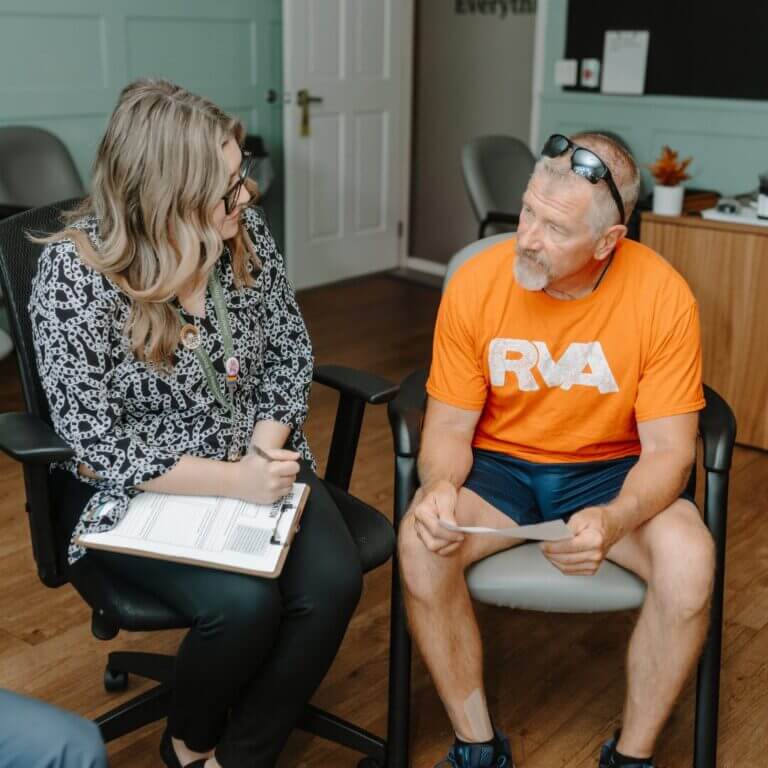
What is Opioid Use Disorder?
Opioid use disorder (OUD) is a medical condition characterized by the compulsive misuse of opioid drugs, despite knowing the harmful consequences. Opioids are a class of drugs that include prescription medications such as oxycodone and morphine, as well as illegal substances like heroin. Understanding the difference between opioid use disorder and opioid dependence is crucial, as opioid dependence can occur with regular, long-term use without necessarily developing into a disorder.
Understanding Opioid Use Disorder
OUD is a complex condition that disrupts the normal functioning of the brain, leading to a strong urge to consume opioids to experience pleasure or to avoid withdrawal symptoms. It is categorized as a chronic brain disorder and shares similarities with other substance use disorders. Recognizing the signs and symptoms early can lead to effective management and treatment.
Opioid Use Disorder Symptoms
The symptoms of opioid use disorder range from behavioral to physical changes. Key signs include:
- Physical symptoms of withdrawal when not using the drugs.
- Cravings for opioids.
- Inability to control or reduce opioid use despite efforts.
- Neglecting responsibilities at work, school, or home due to opioid use.
- Spending substantial time obtaining, using, or recovering from opioids.
- Continued use despite social or interpersonal problems worsened by opioids.
The Distinction between Opioid Dependence and Opioid Use Disorder
It is important to recognize that opioid dependence is not synonymous with opioid use disorder. Dependence is a physiological state where the body adapts to the presence of a drug, often leading to withdrawal symptoms if the drug is abruptly discontinued. Opioid use disorder, on the other hand, involves a psychological component, where there is a compulsive need to seek and consume opioids regardless of the adverse effects.
Treatment and Recovery
Treatment for opioid use disorder typically combines medication-assisted treatment (MAT), counseling, and behavioral therapies. Medications such as methadone, buprenorphine, and naltrexone can help reduce cravings and withdrawal symptoms. Combining these with therapy enhances the effectiveness of treatment and increases the likelihood of sustained recovery. Addiction treatment centers play an essential role by offering guidance and monitoring progress throughout the recovery process.
Recovery from opioid use disorder is a long-term process that varies from person to person. With the right support and treatment plan, individuals can manage the disorder successfully and lead fulfilling lives.
Seeking Help for Opioid Use Disorder
If you or someone you know is struggling with alcohol or drug use, we’re here to help. Contact us today to get started or Call: 1-800-799-4673



